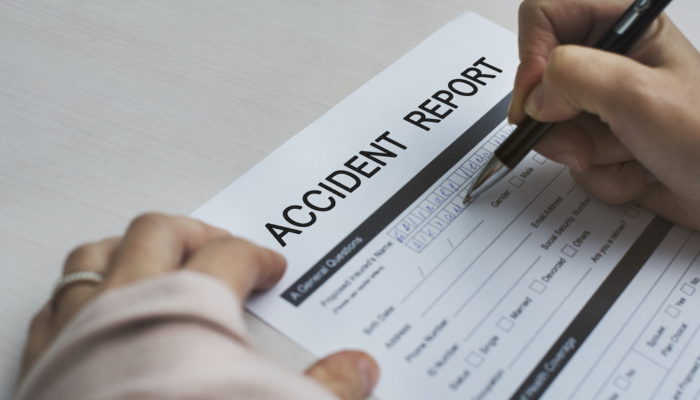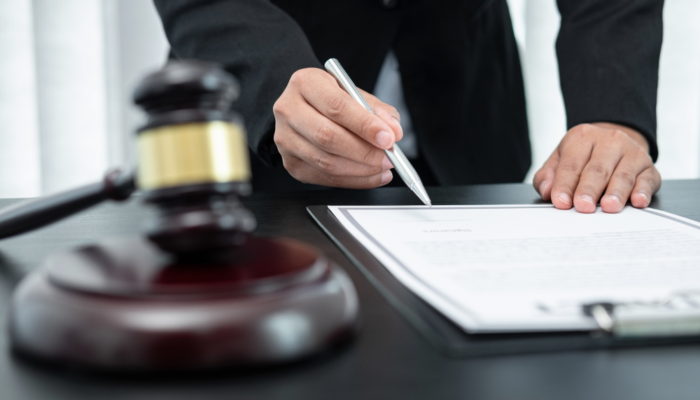Although slip, trip, and fall-down accidents are the most common types of premises liability cases, there are others, including shootings, stabbings, assaults, battery, and negligent security.
Commercial premises liability occurs when property owners or occupiers are held accountable when someone is injured while on their property due to the negligence by the business or vendor owning, occupying, or controlling the subject property and can mean that a customer may be entitled to sue for compensation to cover injuries, pain and suffering, lost wages, and medical bills.
In Florida, victims in premises liability cases are classified in one of three (3) ways:
- The highest duty of care is given to customers and invitees who are on the subject property with permission by the property owner, i.e., a person who is invited to land by the possessor of the land as a member of the public or one who enters the land of another for the purpose of business dealings with the possessor of the land and whose presence is mutually beneficial.
- A lower duty of care is provided for those who are on another’s property for their own purposes known as a licensee and are there for their own convenience or to advance their own interests.
- The third classification includes trespassers who receive little duty of care, i.e., a visitor who has entered or remained on the property without the property owner’s permission.
If one is injured from a shooting, assault, stabbing, or otherwise harmed while on someone else’s property, the key question is whether the property owner owes that person duty of care and what level. The property owner usually owes a person a duty of care if they were a customer, invited guest, or tenant. One is also owed a similar duty of care by the owner if said individual was making a delivery or a similar errand.
Once duty of care to the victim by the property owner is established, negligence on behalf of the property owner must then be proved. It is proving the property owner was negligent or reckless and thereby caused a breach of their duty of care.
In Florida, property owners are not necessarily responsible for every crime which occurs on their property. In fact, they are not responsible for protecting guests, visitors, or tenants from actions by third parties, unless the crime is foreseeable and could have been prevented with appropriate security measures. In other words, the property owner could be liable if the crime – shooting, stabbing, assault, and/or battery, among others – could have been anticipated or foreseen and they failed to take proper reasonable security measures or precautions. Even so, in many such incidents, responsibility may be difficult to prove in a court of law, particularly, if the subject incident is the first occurrence on the property.
Property owners can be held liable if they fail to provide adequate security measures to prevent this type of violence, as well as their response in reducing the number of victims in the event of an incident of violence. Other factors can also come into play in determining whether acts of violence could have been foreseen including area crime rates, such as, but not limited to:
- The history of crime on the property;
- The history of violence at similar properties;
- A known shooter at the property;
- Suspicions of security personnel; and
- Existing security measures (security guards, metal detectors, properly marked exits).
When it is evident that the property owner owed the victim a duty of care and was negligent, the next step is proving a cause-and-effect relationship between the property owner’s negligence and the act of violence which occurred on the subject property.
Shootings, stabbings, assaults, and battery can and do occur everywhere from school campuses to shopping malls, and everywhere in between. The perpetrator is always responsible for the attack, but property owners may also be liable if they failed to provide the necessary security measures for patrons, guests, and tenants. Consequently, lawsuits against property owners, event organizers, or security companies may be filed based on Florida’s laws regarding duty of care.
If an individual or their family member becomes a victim of a shooting, stabbing, or assault and/or battery, they may have a claim against the owner of the property if the same was negligent in protecting guests, customers, or tenants. Property owners must maintain their property free from hazards and conditions which might result in or encourage violent crimes, but even so, their duty of care is limited to reasonable protection for foreseeable risks.
In many cases, these lawsuits go forward successfully due to negligent security, since property owners owe a duty of care to residents, customers, guests, and visitors. This duty is to ensure the property is safe and secure. The following are several lack or failure of security measures that can be the basis of a claim for negligent security in a premises liability case:
- Inadequate security lighting;
- Overgrown landscaping;
- Faulty locks;
- Lack of security cameras;
- Lack of security personnel or proper fencing; and/or
- No monitoring of secluded areas.
If you are injured while on someone else’s land or premises, promptly call the attorneys at CASERTA & SPIRITI for a free consultation regarding your potential case.




